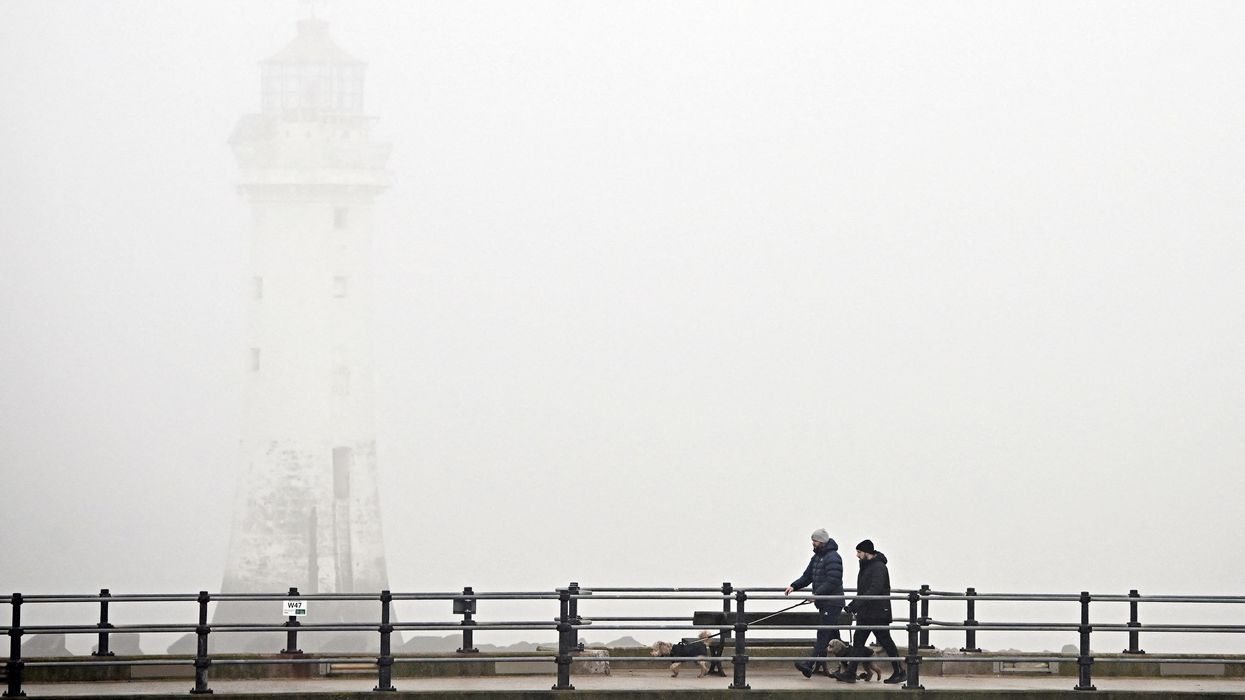India prime minister Narendra Modi faced his biggest electoral test since coming to power when the battleground state of Uttar Pradesh, which he swept three years ago, starting its elections starting on Saturday (11)
In the biggest democratic exercise on the planet this year, voting will take place in seven stages over a month to elect a new assembly to govern the mostly poor state of nearly 220 million people that lies along the river Ganges.
More broadly, voters will deliver a mid-term verdict on Modi and his nationalist party as India recovers from his boldest decision yet: to abolish 86 per cent of the cash in circulation.
The banknote ban, launched by Modi three months ago to purge the economy of untaxed income and proceeds of crime and corruption, has disrupted daily life and commerce, and caused the economy to slow.
On the campaign trail, Modi has said he had the interests of the poor at heart in making the move - the biggest gamble of his prime ministership. A strong showing at the polls would strengthen his chances of a second term in 2019.
“The results will tell us whether Modi continues to enjoy unquestioned support or if it has started to erode,” said R.K. Mishra, an independent political analyst based in the state capital, Lucknow.
Modi’s Bharatiya Janata Party (BJP) polled 42 per cent of the vote in Uttar Pradesh in the 2014 general election, sweeping 71 out of 80 seats on its way to claiming India’s biggest national mandate in three decades.
Yet voters have shown growing impatience that Modi’s campaign promises of development and “better days” to come have failed to deliver new jobs to a state where per capita incomes average less than $750 (£600) a year and many communities lack access to power, clean water and basic medical services.
“It is the Godzilla of states,” said BJP national spokesman Nalin Kohli, as he looked out over the darkened streets of Lucknow on a recent evening.
Pollsters say it will be tough for the BJP to repeat its general election performance.
In not fielding its own candidate for the post of chief minister it also risks repeating a tactical blunder that contributed to a heavy defeat in Bihar, another Hindi-speaking heartland state, in 2015.
The Samajwadi Party, which rules in the state, is led by 43-year-old chief minister Akhilesh Yadav. The party won a majority in the last state assembly election, in 2012, with just 29 per cent of the vote.
Yadav has formed an alliance with Rahul Gandhi of the Congress party that, polls show, will be tough to beat.
In the third corner of the contest is Mayawati, who ran the state from 2007 to 2012 and whose Bahujan Samaj Party
Results from Uttar Pradesh, along with elections in the states of Punjab, Goa, Uttarakhand and Manipur, are due on March 11.



















 Inaugration Ceremony of International Yoga Day 2025Parmarth Niketan
Inaugration Ceremony of International Yoga Day 2025Parmarth Niketan Sacred Ganga Aarti ceremony on the banks of the holy GangesParmarth Niketan
Sacred Ganga Aarti ceremony on the banks of the holy GangesParmarth Niketan